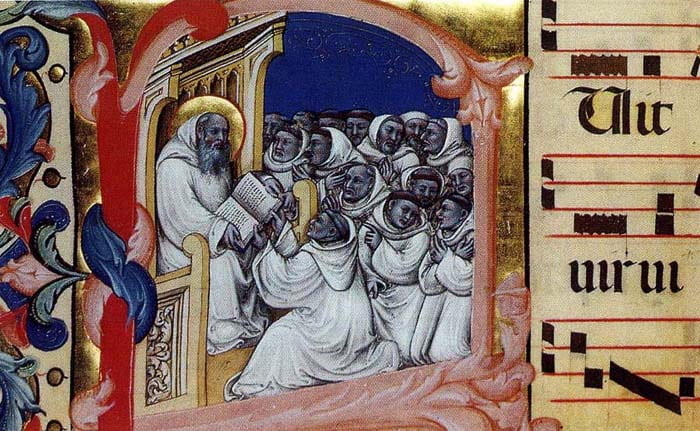
On Angels, “Feet,” and Purpose-Built Witnesses
In the Liturgical Cycle for the Anglican Church, February 6, 2022 was the Fifth Sunday after Epiphany. As 2022 is Year C in the three-year cycle, the readings for the day include Isaiah 6:1-9.

In the Liturgical Cycle for the Anglican Church, February 6, 2022 was the Fifth Sunday after Epiphany. As 2022 is Year C in the three-year cycle, the readings for the day include Isaiah 6:1-9.

When the three youths are saved from the flames in the Old English verse-form of the Book of Daniel, Nebuchadnezzar can hardly believe his eyes. At the sight of this miracle, Nebuchadnezzar declares, “Now I truly see four people there – I do not deceive myself at all” (lines 412-413). At this moment of witnessing, Nebuchadnezzar appears to change his ways. He sees the youths’ bonds incinerated, their clothing intact,…

The story of Cain killing Abel is found three books earlier in the Vulgate Genesis: the Latin version, given on the right above, is significantly more succinct than the Old English, a fragment from which is given on the left.
The personified Earth drinking the blood of the first murder is only found in the Old English telling of the story, which leans into and elaborates on the act itself and the fallout experienced even before God arrives and calls Cain to account for his brother. Once we arrive at the interrogation point in the story, the words track more directly: in every iteration, Cain’s retort that he is not his brother’s keeper is preserved.

This two-part post set will pull out moments in the Old English Genesis where I found translation questions particularly pertinent. First, I will compare some residual effects the most proximate language of translation left on the Modern English versions of the Old English and Vulgate descriptions of the Flood, respectively, how the two poems look at the horror of the destruction. In this moment, the two versions are mostly similar,…

The human life is a mediated experience: we do not encounter an unfiltered world, but rather we process every input through our senses. Among our five senses, sight often reigns supreme; this article is not one of Professor Saltzmann’s podcasts, and I assume you aren’t understanding it via tactile telepathy. However, in the Old English poem Daniel, visuality is typically portrayed as an incomplete phenomenon through which one cannot fully…

By Faryn Thomas, Jennifer Morse, Joseph Marques, and Robert Carhuayo How is witnessing acts of God treated across Genesis, Daniel, and Margaret? In Margaret, page 131, a huge crowd of people witness Margaret pray to God for salvation at the end, before her feet and hands are to be burned. God hears her and there is an earthquake, after which God speaks directly to her from the heavens. As…